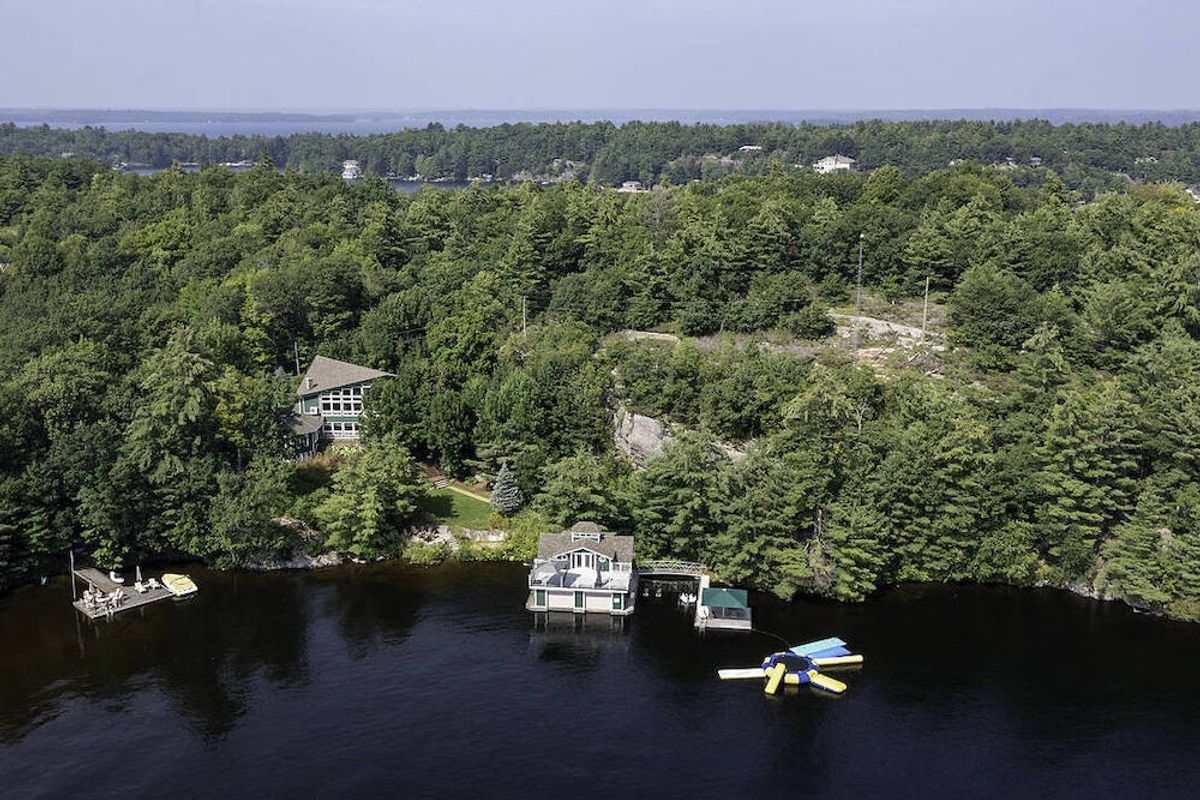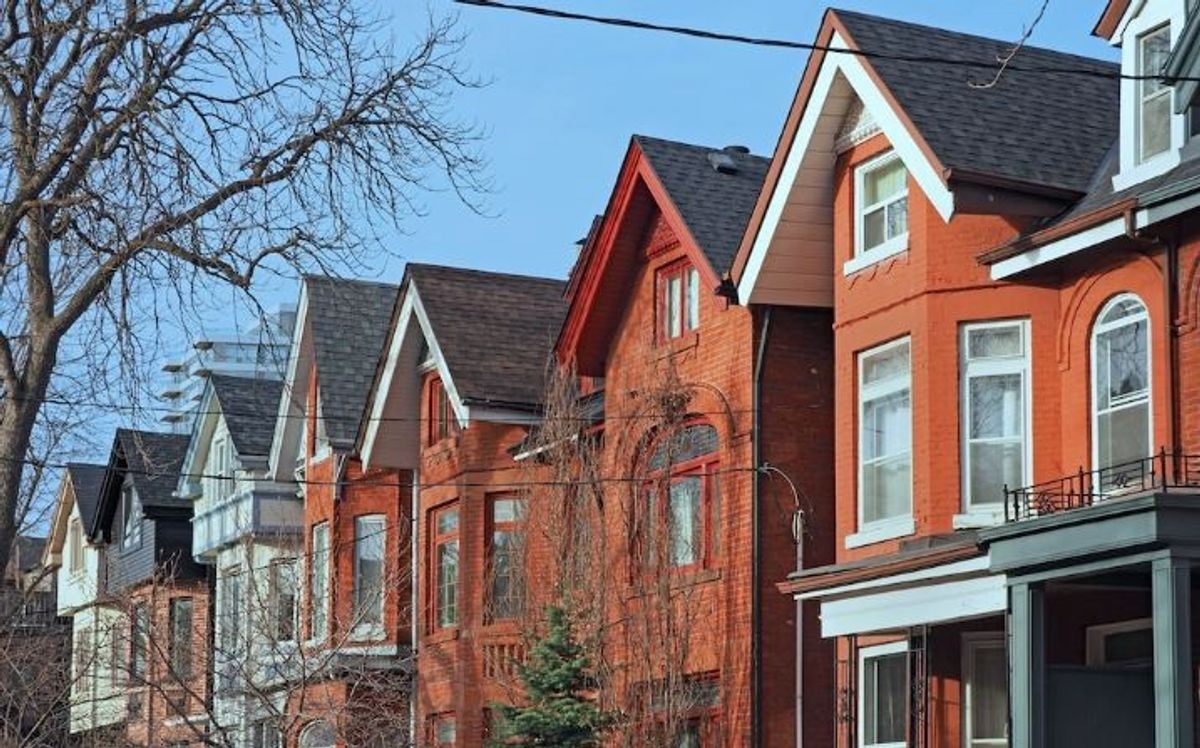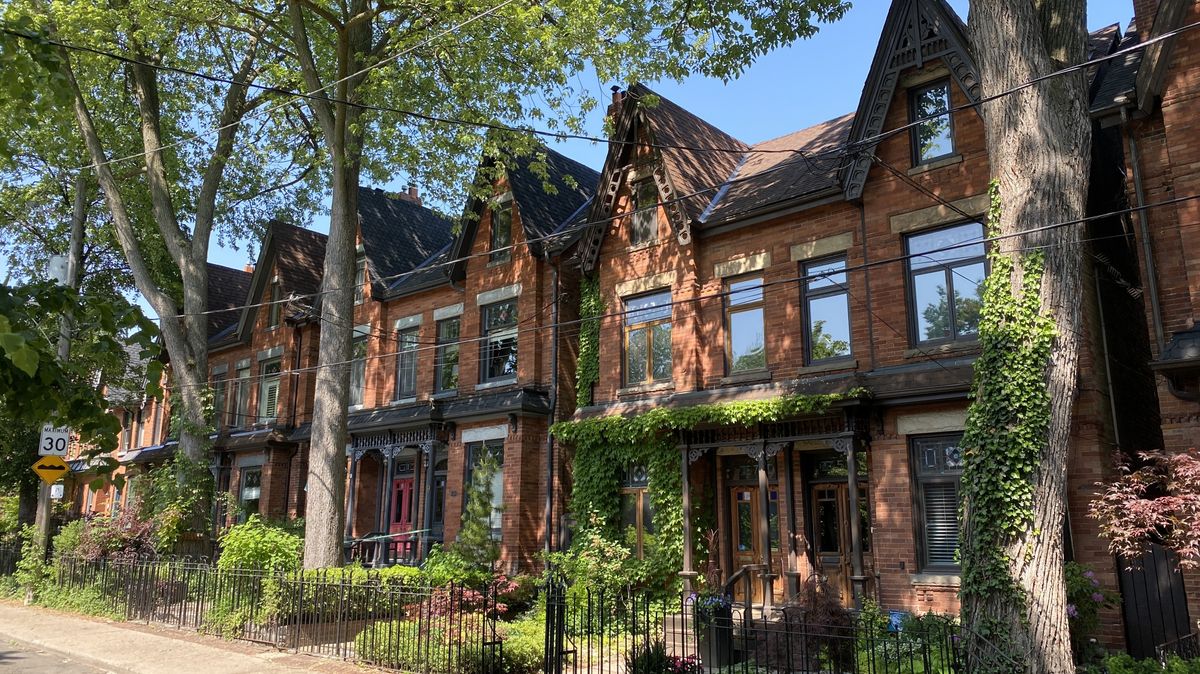Affordable housing is a key issue in Toronto's 2018 municipal election. But where do John Tory and Jennifer Keesmaat — the two highest-profile candidates stand?
Regardless of your political leanings, one issue remains particularly top of mind for city residents — the steep cost of Toronto real estate.
READ: Here Are 3 Strategies To Achieve Housing Affordability In Toronto
According to a survey commissioned by the Building Industry and Land Development Association (BILD) in partnership with Toronto Real Estate Board (TREB), real estate and rental affordability is a top issue for 40 per cent voters.
This percentage is on par with crime and infrastructure.
“Residents of the GTA are concerned about housing affordability and availability,” says David Wilkes, BILD’s president and CEO. “People are concerned about where young families and first-time home buyers will live, or if they will be able to afford to live in the GTA at all.”
The survey also found that 67 per cent of respondents felt the GTA is ill-equipped to provide the needed housing for an estimated 115,000 new residents moving to the region each year. And don't forget, the population is projected to hit 9.7 million by 2041.
TREB has also released a list of recommendations for newly-elected councillors and mayors that include:
- Review municipal zoning by-laws and consider changes to allow for more mid-density development such as townhomes.
- Resist community opposition and work with neighbourhoods by improving communication strategies to articulate the ability of mid-density developments to be seamlessly integrated into existing neighbourhoods.
- Prevent any new municipal land transfer taxes in the rest of the GTA.
- Reform the Toronto Land Transfer Tax to adjust the first-time home buyer rebate, and the threshold price at which the higher tax rate kicks in, for inflation, so both keep pace with the current average home price in Toronto now sitting at around $800,000.
- Conduct reviews of municipal planning approval processes for new housing applications with a goal of streamlining and shortening the process.
- Recognize the importance of infrastructure as it relates to housing supply and affordability, and move ahead with critical projects and investments such as regional transit as a key part of strategies targetted to addressing housing needs.
Where John Tory And Jennifer Keesmaat Stand On Affordable Housing Supply
With the average GTA home price hitting $796,786 in September and mortgage rates on the rise, many Torontonians are seeing their affordability squeezed tighter than ever before.
Both Tory and Keesmaat have each unveiled plans to improve housing affordability as part of their platforms. Here’s a look at what each is pledging to do if elected:
John Tory
Tory created the Open Door Program, in efforts to address this during his mayoral term.
This leverages city land, and offers developers incentives via property tax deferrals and development charge waivers. Tory counts the processing of 18 city sites among his list of accomplishments.
Looking forward, he pledges to continue to earmark city lands, especially those close to TTC stations for high-density infrastructure, as well as “attract social impact investors” to support the creation of more affordable housing.
READ: Toronto Condos Could Get More Expensive After City Decision On Parkland
Jennifer Keesmaat
Keesmaat also plans to “unlock” city lands for development, she has proposed new programs to address the supply of affordable housing. The boldest being a new rent-to-own program that would draw its funding from a new luxury homes tax.
Under the program, qualifying residents would make monthly rent installments, capped at 80 per cent of the city average, with a portion to go toward a down payment. At the end of the rental term (between one and five years), residents can either leverage their built-up equity to take out a mortgage and buy their unit outright, or enter into shared ownership with either the city or non-profit partner.
The initiative would be funded by a new 0.4-per-cent tax on homes worth $4 million or more, estimated to bring in $80 million annually for the program.
However, in order to see the plan to fruition, tax laws would need to be changed at the provincial level.
Where John Tory And Jennifer Keesmaat Stand On Fixing Toronto’s Rental Market
Skyrocketing rents and lack of supply have reached crisis levels in Toronto – with a vacancy rate below one per cent, it is one of the most keenly-felt issues for city residents.
John Tory
Tory is campaigning on a promise to create 40,000 affordable rental units over a 12-year time frame, averaging 3,300 per year. This is in addition to the 3,700 affordable rental units approved for development during his tenure.
He also highlights ongoing advocacy efforts in partnership with other Canadian mayors to leverage the federal $40-billion National Housing Strategy to create more affordable housing.
READ: Majority Of Renters ‘Seriously’ Consider Leaving GTA: Housing Affordability Worsening [POLL]
Jennifer Keesmaat
Keesmaat has revealed ambitions to create 100,000 new affordable homes over the next 10 years, with rents capped at 80 per cent of the market average.
She also plans to work with the federal government and the Canada Mortgage and Housing Corporation to ensure their rental housing construction program prioritizes affordable rentals, as well as utilize the National Housing Strategy to focus on purpose-built rental designed to stay affordable on a permanent basis.
Where John Tory And Jennifer Keesmaat Stand On Repealing Property And Land Transfer Tax
While both candidates have pledged to keep Toronto property tax rates – which are among the lowest in Canada– capped at inflation or lower, neither is prepared to reduce the amount new home buyers must pay via the Municipal Land Transfer Tax.
That’s the main affordability hurdle for Toronto’s home buyers, says TREB, as they are the only ones in Canada to be charged this closing cost both at a municipal and provincial level, paying $25,162 in levies for the average home transaction.
However, there’s no end in sight for the MLTT – it’s just too much of a cash cow, generating $640 million for city coffers last year alone.
READ: GTA Cities With The Highest And Lowest Property Taxes
“We’re just not in a position at the moment when it comes to meeting the needs of the city of Toronto to build transit and to help with affordable housing, to help with childcare and things like that – to talk about a tax reduction,” said Tory to an audience of TREB realtors on October 3rd.
Keesmaat concurred, telling the crowd, “It would be irresponsible at this point, without another plan in place, to be proposing that we get rid of it. But it should be something we work towards.




















